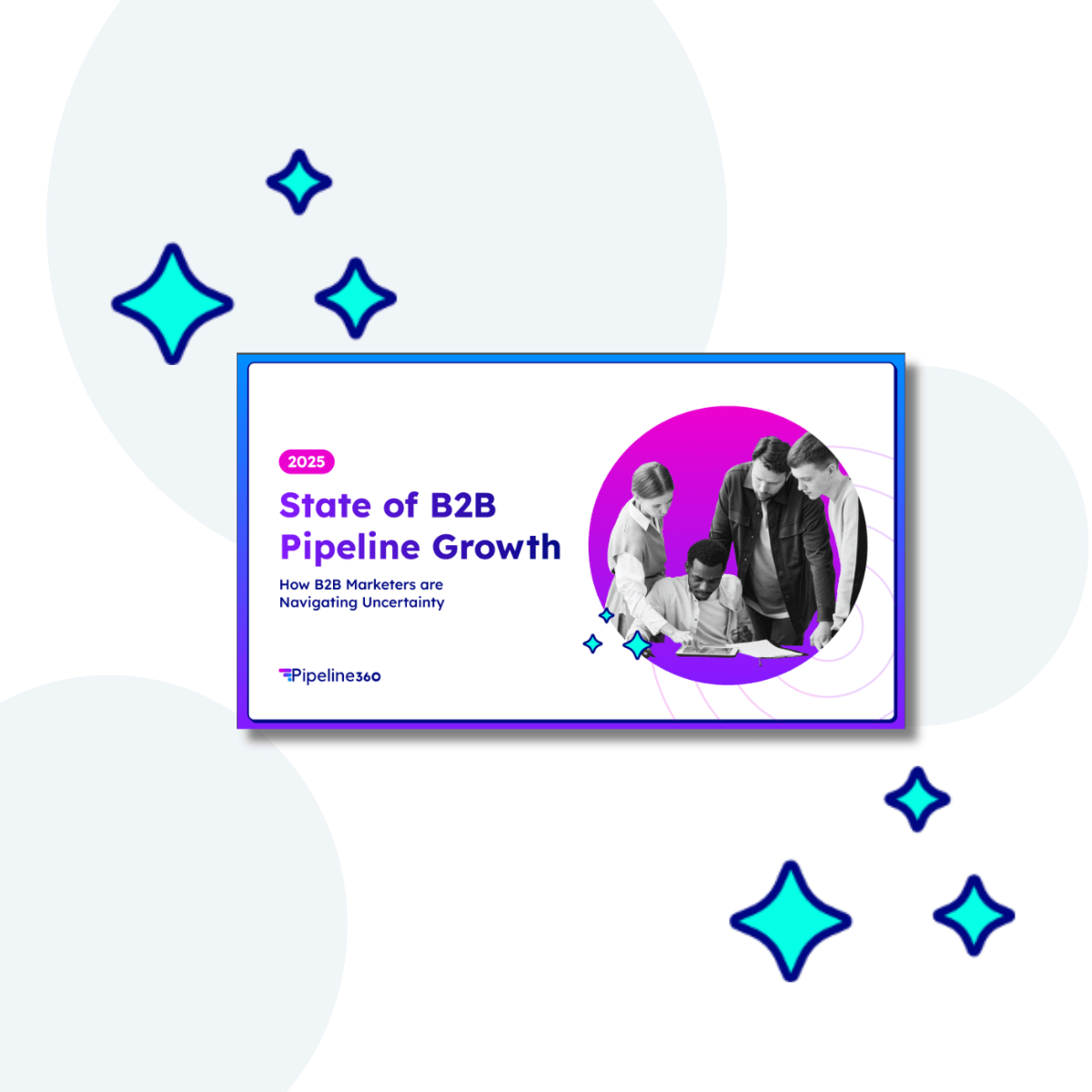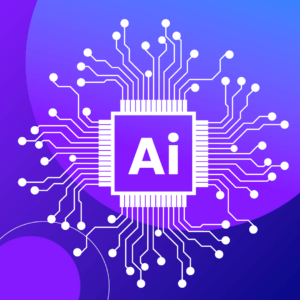The traditional B2B sales model is facing a crisis of relevance and effectiveness. Marketing can’t reach their pipeline goals, Sales can’t close their deals, and the longstanding problem of Marketing and Sales alignment is getting worse.
At Pipeline360, we recently conducted a survey on “The State of B2B Pipeline Growth” and found that 80% of B2B marketers report getting new qualified leads is mission critical or an urgent priority, yet 1 out of 2 B2B marketers can’t reach their pipeline goals. This gap in marketers’ ability to meet pipeline goals underscores the complexity of today’s increasingly digital-first B2B world.
Having led companies at the intersection of tech, data, media and marketing such as Thomasnet.com, UBM TechWeb, VNU Media, The Hollywood Reporter, InformationWeek, Business.com, and now as President of Pipeline360, I’ve had a front-row seat to witness the seismic shifts in how B2B purchases are made and the growing chasm between what buyers expect and what traditional sales processes can deliver.
B2B buying behavior shifts
One of the most telling statistics in this evolution is that the average B2B purchase process is now 70% complete before a buyer even considers engaging with a sales representative. This statistic alone underscores a fundamental transformation: buyers are no longer dependent on sales teams for information. Instead, they are leveraging digital resources to research, evaluate, and even decide on their solutions long before they enter what we used to consider the sales funnel.
This shift has been largely driven by the digital-first world, where information is abundant and easily accessible. Buyers now prefer to conduct their research anonymously online, relying on digital content, peer reviews, and social media to inform their decisions. The implication for B2B sales is profound. The traditional sales model, predicated on personal relationships and in-person meetings, is struggling to adapt to a buyer journey that is increasingly digital and self-directed.
Adapting with an integrated digital marketing approach
Forward-thinking companies are navigating this transition by integrating digital marketing strategies that align with the modern buyer’s journey. Content syndication and data-driven display advertising stand out as particularly effective tools in this new era.
Content syndication helps to distribute valuable, relevant content across a variety of platforms and channels, effectively reaching potential buyers where they are conducting their research. When combined with data-driven display advertising, which targets specific demographics and behaviors, companies can engage potential buyers much earlier in the purchase process. This not only builds brand awareness but also guides prospects through the funnel in a more organic and non-intrusive way.
Sales & marketing alignment
The future of B2B sales will undoubtedly be shaped by these digital demand generation strategies. The alignment of sales and marketing will become even more critical, as both teams will need to collaborate closely to deliver a seamless and engaging buyer experience. We can expect to see a greater emphasis on digital tools and platforms that facilitate this alignment, from CRM systems that offer real-time insights into buyer behavior to AI-driven analytics that predict buying patterns and preferences.
The evolving role of sales
Moreover, the role of the sales representative will evolve. Rather than initiating contact and guiding the buyer through the sales process, sales teams will need to become adept at stepping in at the right moment, offering personalized, value-added insights that complement the digital research the buyer has already conducted. This consultative approach will require a deep understanding of the buyer’s business, challenges, and the solutions that can drive their success.
The new B2B world
The digital-first world has irrevocably changed the B2B buying process, rendering traditional sales models less effective. However, by embracing digital demand generation, particularly through content syndication and data-driven advertising, companies can adapt to these changes, fix what is broken, and thrive. The future of B2B sales will be more integrated, more digital, and more aligned with the buyer’s journey than ever before. As we navigate this transition, it is clear that companies willing to innovate and adapt will be the ones that succeed in this new landscape.




